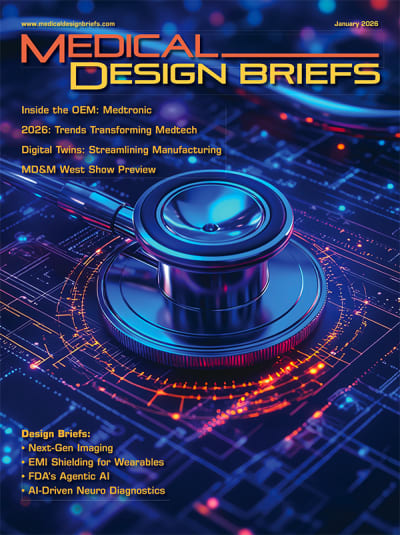
Researchers are leveraging informatics approaches to tackle persistent challenges in data management and sharing, enabling real-world healthcare applications to enhance data security and accessibility.
Blockchain offers several features ideal for healthcare data management. The first feature is privacy: Users can carry their data on a personal device without the need for a central authority or data broker. Other key features include immutability and auditability. Because every user on a blockchain carries random pieces of the blockchain record, the data cannot be falsified. Any changes on one device would not match the same data elsewhere on other devices.
Additionally, all transactions can be deemed legitimate and meeting regulatory compliance before being permanently recorded through a process in blockchain referred to as consensus. This creates a transparent, decentralized network that empowers patients to carry, share, and use their data as they wish.
For clinical trials, blockchain can provide a decentralized, transparent system that empowers patients to engage with trials using their authorized data — enhancing screening processes and enabling a more efficient, patientcentric recruitment model. (Image credit: Liz Kaye, Indiana University)
For more information, visit here .



